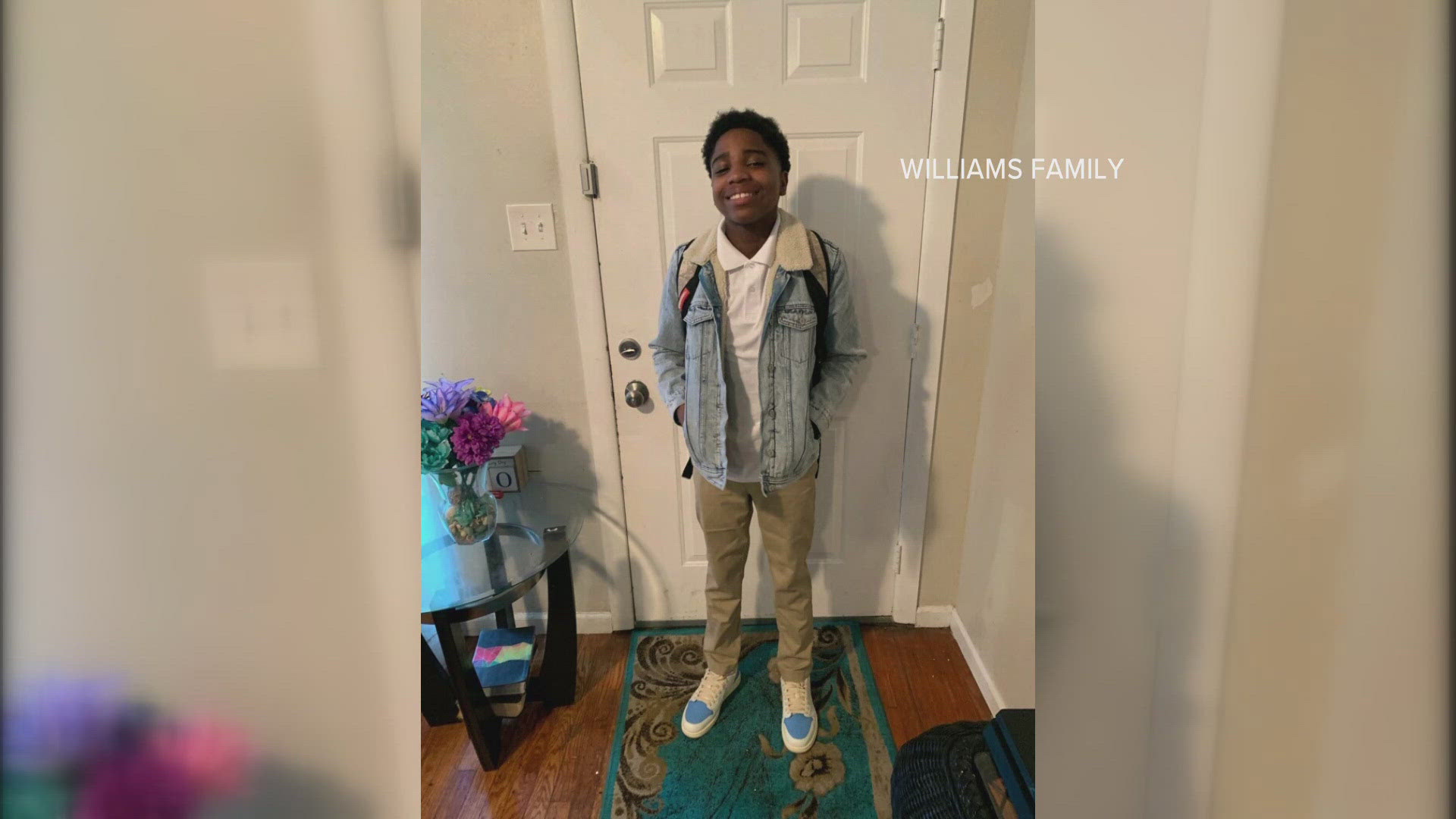ST. LOUIS — Total Access Urgent Care agreed to pay $9,150,794 to settle allegations that it submitted false claims for medical services, including COVID-19 testing.
Between April 2017 and November 2021, the chain of clinics submitted false claims to Medicare and TRICARE that said patients were seen by doctors when they were actually seen by non-physician practitioners, the U.S. Attorney's Office for the Eastern District of Missouri alleged.
That means Total Acess Urgent Care allegedly got more money than it was owed for those patient visits, a written release from the U.S. Attorney's Office for the Eastern District of Missouri said.
Between November 2015 and November 2021, Total Access submitted upcoded office visits. Upcoding is the term used to describe the practice of exaggerating a diagnosis or a treatment to bill more.
A 2021 National Institutes of Health article describes upcoding as: "Upcoding occurs when a healthcare provider has submitted codes for more severe conditions than diagnosed for the patient to receive higher reimbursement."
Total Access was also accused of overbilling the government for COVID-19 vaccines and treatment administered to people without insurance.
Here is a map of Total Access Urgent Care locations in the St. Louis area:
"[Total Access] also submitted upcoded office visit claims to a program that reimbursed for the testing or treatment of, and vaccination against, COVID-19 for people who were uninsured," the U.S. Attorney's Office release said. "TAUC voluntarily disclosed during the investigation that from April 1, 2021 through Dec. 31, 2021, it submitted false claims to Medicare, TRICARE and the UIP for COVID testing using improper billing codes, again receiving reimbursements at a higher rate."
While Total Access cooperated fully with investigators, the company did not admit wrongdoing.
Curt L. Muller, an agent with the U.S. Department of Health and Human Services Office of Inspector General said the investigation was part of the agency's efforts to shut down fraud against Medicare and the HRSA Uninsured Program.
Gregory P. Shilling, the special agent in charge of the DoD's Office of Inspector General’s Defense Criminal Investigative Service, said the agency remains committed to rooting out fraud to safeguard funds entrusted to the Defense Health Agency, which serves military members and their families.
“When actors within our healthcare system are focused on profit rather than patient care, it undermines the integrity of the medical decision-making process,” Agent Shilling said.



